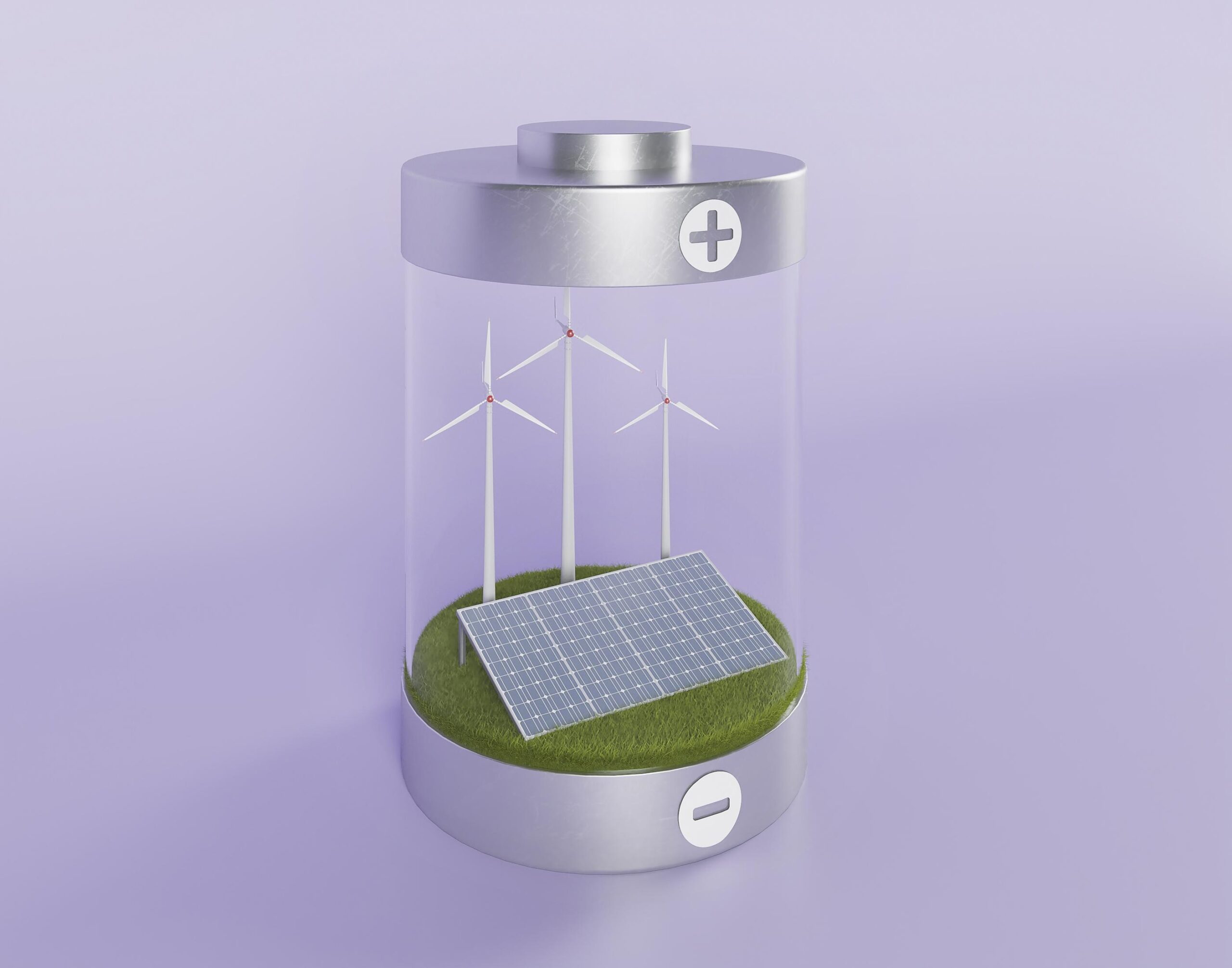Managing a business with a high energy demand has become increasingly challenging in recent years. The expenses related to electricity consumption represent a significant portion of the overall costs, especially for manufacturing firms. Therefore, the current shift towards achieving energy self-sufficiency is becoming progressively more critical to the sustainability of businesses.
The energy self-sufficiency trend in 2023
The energy crisis and its consequences, i.e., the instability of raw materials on global markets, make it necessary to change the current pattern of energy use. It has become increasingly practical to produce your own electricity and use it reasonably.
As the desire for energy independence grows, the share of prosumers in the market has been increasing, also in the business sector. This is particularly significant in energy-intensive sectors, such as large enterprises or production plants.
The dependence of the European economies on the import of fossil fuels is becoming increasingly expensive and risky. This is a reason why locally generated electricity will continue to gain significance, not only because of the lower operating costs of the companies but also due to energy security.
What companies should be interested in energy storage facilities and why are they so important?
Energy storage facilities are a type of prosumer deposit that enables the prosumer to become independent of distribution system operators. The increasing significance of local generation and consumption of electricity will also increase the demand for electricity storage. According to Bloomberg NEF, this trend is accelerating, and it is estimated that the energy storage market will grow by 30% per annum until 2030.
Increase of self-consumption in the sector of most energy-intensive enterprises
Renewable energy source (RES) installations, coupled with energy storage capabilities, are poised to be a prominent trend in the near future. By integrating these technologies, businesses can effectively reduce peak loads and costs while also achieving energy independence.
By owning their own storage facility, enterprises can utilize the electricity generated during times of high electricity prices. Conversely, during periods of more favorable tariff rates, businesses can utilize electricity from the power grid to meet their demand.
In addition to companies with a high energy demand, such solutions should be implemented by companies that cannot afford power outages caused by failures, disruptions or weather phenomena.
How to select an appropriate energy storage facility
Everything depends on the purpose of the energy storage facility and the requirements it has to meet.
Energy can be stored in many different ways, but more and more companies choose electrochemical storage, i.e., batteries. Energy storage facilities are described by parameters such as capacity and power rating, which should be selected in such a way as to meet the needs of the particular enterprise.
What are the desirable characteristics of a good energy storage facility?
The perfect energy storage facility should provide security, maximum efficiency and savings. To this end, it should:
• match the specific needs of the business,
• combine high efficiency with low standby losses,
• be integrated with a smart energy management system,
• enable future expansion,
• have a long warranty and professional after-sales service.













